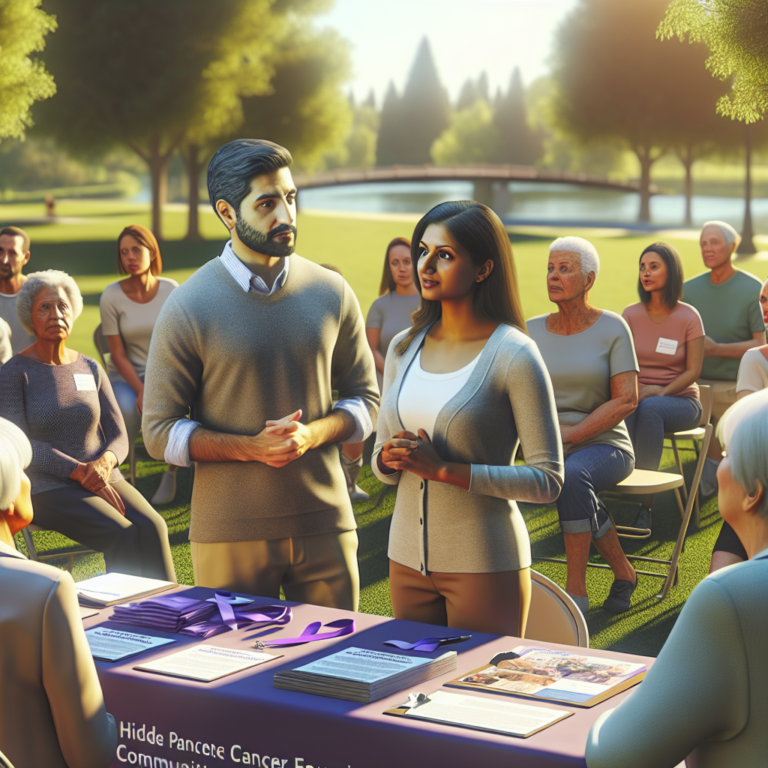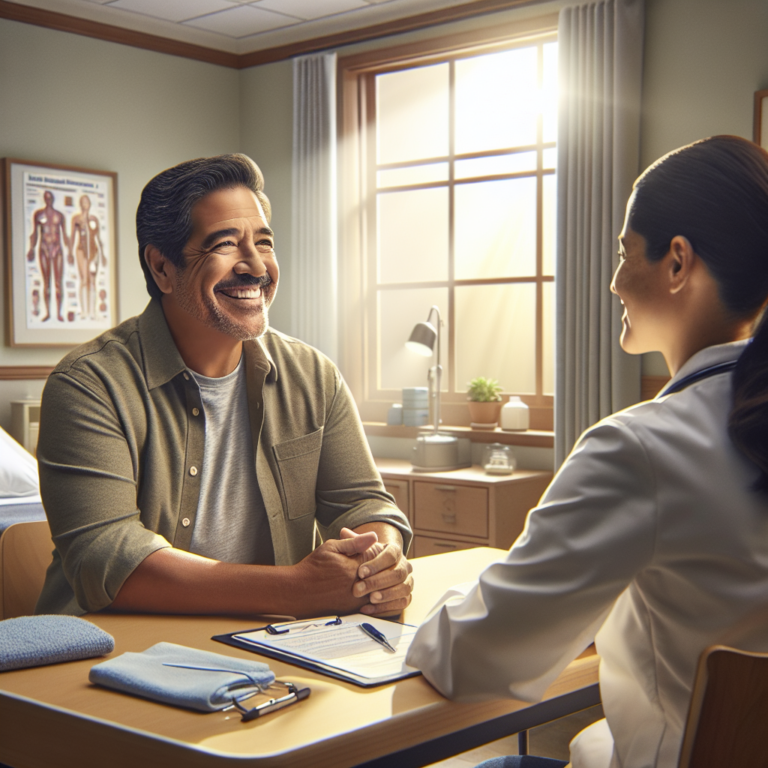Transforming Hope: Relocating for Advanced Pancreatic Cancer Treatment and Clinical Trial Opportunities

In a remarkable twist of fate, Rachel Moreno discovered her battle with pancreatic cancer through an unexpected automobile accident in March 2015. While picking up her grandchildren for school, a back injury led to a CT scan, revealing a tumor that had gone unnoticed until that moment. This shocking diagnosis took her completely by surprise, as she had exhibited no prior symptoms.
A Journey Begins: From Accident to Diagnosis
After the accident, Rachel underwent a series of tests at Banner Hospital, where she was introduced to her oncologist from the University of Arizona. The treatment plan consisted of standard chemotherapy using gemcitabine, but she never inquired about the cancer’s stage at that point.
Rachel’s experience with her ex-husband’s cancer treatments made her realize the need for support during her own journey. Unable to drive due to her injury, she made the decision to relocate to Grand Rapids, Michigan, where her son and daughter-in-law offered to assist her through her chemotherapy sessions.
Exploring New Treatment Options
Upon her arrival in Grand Rapids, Rachel consulted with an oncologist at the Lacks Cancer Center, who recommended the same chemotherapy as her previous doctor. However, her daughter-in-law suggested seeking a second opinion at the Rogel Cancer Center in Ann Arbor. This led Rachel to an appointment with Dr. Mark Zalupski, who presented her with an opportunity to participate in a clinical trial alongside the gemcitabine treatment.
Feeling optimistic about the trial, Rachel agreed, believing that her participation could potentially pave the way for advancements in treatment for others battling the disease. The clinical trial involved a combination of gemcitabine, radiation, and the experimental drug AZD1775.
Treatment Regimen and Resilience
Rachel underwent an intense treatment schedule that included 29 radiation sessions followed by nearly four months of chemotherapy. Each week, she received intravenous treatment for 30 minutes, supplemented by a pill that turned out to be the trial medication. Despite experiencing some nausea and fatigue, Rachel managed to continue her work as a faculty member at the University of Notre Dame during this challenging time.
A Ray of Hope: Surgery
In November 2015, Dr. Zalupski informed Rachel that her tumor had shrunk significantly, making surgery a viable option. On February 7, 2016, she underwent a distal pancreatectomy performed by Dr. Hari Nathan. Rachel celebrated her cancer-free status and now undergoes regular follow-up scans and blood tests every six months to monitor her health.
At 72 years old, Rachel has returned to her roots in Arizona, where she enjoys life with her dog, Rosco. Though her son has since relocated, she fondly recalls the crucial support he provided during her treatment. Rachel’s journey through cancer has inspired her to share her story, hoping to raise awareness about pancreatic cancer and the importance of clinical trials.
A Lasting Legacy
After battling pancreatic cancer twice over six years, Rachel Moreno’s journey came to an end. As an educator, she was passionate about increasing awareness of this deadly disease and the role of clinical trials in advancing treatment options. Her legacy continues to inspire many, and she will be remembered for her courage and commitment to helping others.
For a deeper insight into Rachel’s story, check out her video, “You Can Win This Fight.”






